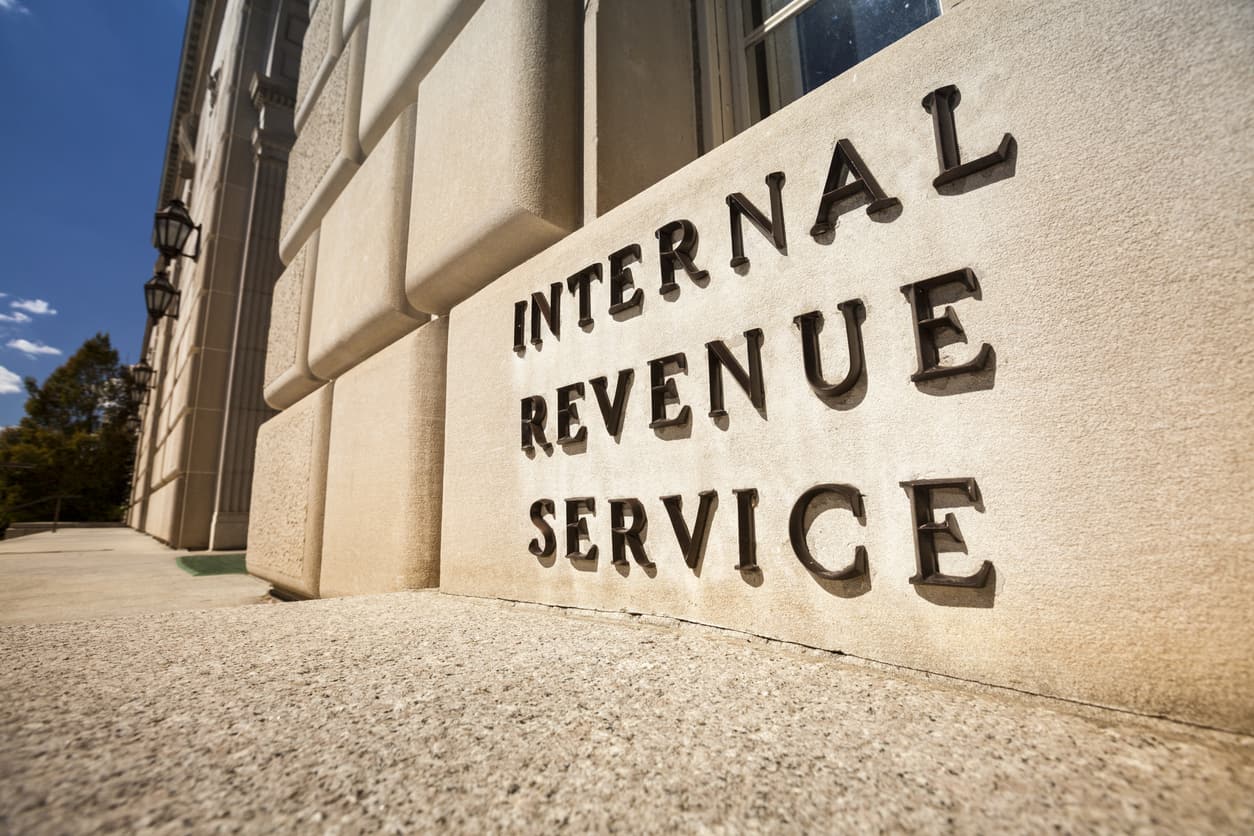
SBA Issues New PPP Loan Forgiveness Guidance on Owner-Employee Compensation and Rent-Related Costs: What Your Business Needs to Know
Disclaimer: This information was correct at the time of publication; however, new guidance from government agencies may be issued at any time, causing some or all of this information to change. Please visit our COVID-19 Business Strategy Hub for the latest news and ensure you are subscribed here to receive email alerts as they are released. We are working diligently to provide the most current information as it becomes available under our COVID-19 Actionable Insights For Businesses Series.
On August 25, 2020, the Small Business Administration (SBA) and Treasury released new guidance related to owner-employee compensation and the eligibility of nonpayroll costs. There are three important takeaways from this interim final rule, and we will address each one below and what this means for your business:
1. S-Corp and C-Corp owners are subject to the owner/employee limitation rules only if they own 5% or more of the company.
- Owner-employees with less than a 5% stake in an S or C corporation are deemed exempt from the Paycheck Protection Program (PPP) owner-employee compensation limitation rule when calculating loan forgiveness. The exemption aims to protect owner-employees who are unable to influence how PPP loan funds are allocated at their companies. The IRS treats S-Corporation shareholders with greater than 2% ownership as owner/employees, so the 5% limitation is more favorable than originally anticipated. However, putting a limitation on C-corporation shareholders could have a negative impact on calculations as they are not normally treated as owner/employers by the IRS.
2. Related-party rent is only allowed up the amount of the interest expense on the mortgage by the related party.
- Mortgage interest payments to a related party are not eligible for loan forgiveness. Rent or lease payments to a related party are only eligible for forgiveness if:
- the amount of loan forgiveness requested for those payments is no more than the amount of mortgage interest owed on the property during the covered period in which the space is being rented by the business, and
- the lease and the mortgage were in place before February 15, 2020.
- This new guidance represents a significant change to prior interpretations and will preclude some rent and mortgage interest costs - that were previously thought to qualify - from being included in forgiveness applications.
3. Rent attributed to a sublease is not eligible for PPP forgiveness
- The interim final rule also ensures the equitable treatment between a business owner that holds property in a separate entity and one that holds the property in the same entity as its business operations. As a result, you may not include any amounts that can be attributed to the business operation of a tenant or subtenant in your loan forgiveness request.
Next Steps and PPP Loan Forgiveness Strategies
As we have advised in prior blogs, given that the primary purpose of the PPP was to maintain employees on payroll, try to include as much payroll cost as possible in your forgiveness application. We have suggested utilizing the 24-week covered period and loading as much payroll as possible into your forgiveness application. Remember, you can use the 24-week covered period and file your application early once you have utilized all your PPP funds. Additionally, since the banks are just now accepting forgiveness applications, using a 24-week covered period and simply filing early once your payroll costs exceed your PPP loan amount is even a more viable option.
We know many of you are anxious to file your PPP forgiveness application. PPP loan forgiveness applications officially opened on August 10, 2020, and many banks are now ready to accept, review and forward applications to the SBA for final forgiveness approval. We advise you to file your forgiveness application as soon as you can. From a timing perspective, it would be beneficial to know the status of your loan forgiveness by the end of 2020.
If you are ready to begin your PPP forgiveness application process, keep that in mind that your goal is to maximize forgiveness. If you need help with your PPP loan forgiveness calculations or application, contact the Moore Colson team. Our team has experience with forgiveness calculations, knows what to look for and can facilitate the process for you. Also, be sure to subscribe here to get our news and alerts as they are released as we are committed to keeping you updated on how to navigate financial challenges associated with the COVID-19 pandemic.

Bert Mills, CPA, is the Managing Partner at Moore Colson. In his role, Bert sets the vision and mission of the Firm and works closely with the Firm's leadership to drive and implement strategies.
Steven Murphy, CPA, is a Partner in Moore Colson’s Tax Services Practice. He is the Practice Leader for the Transportation Industry and also serves as the Tax Practice Leader for the Retail Industry. Steven has over 20 years of experience leading tax engagements and implementing tax strategies.

Andy Starnes, CPA, is a Partner and Tax Services Practice Leader Moore Colson. Andy’s specialties include corporate tax compliance and planning, business consulting and multi-generational planning with a focus on the construction, professional services and staffing industries.

